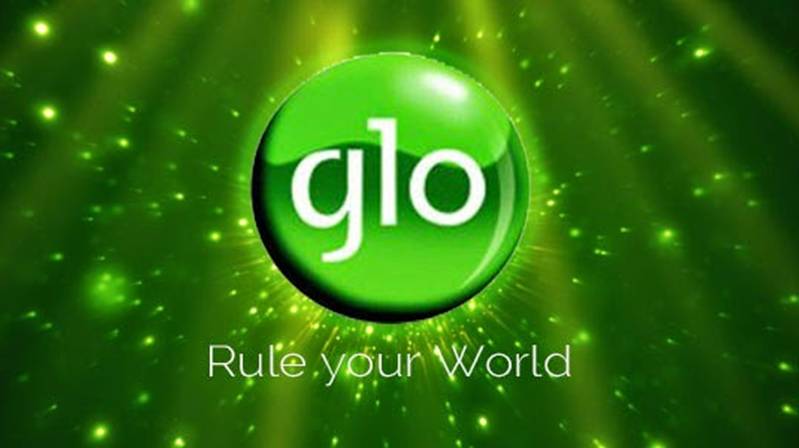A new report released by Business Hilights Intelligent Unit (BHIU), an independent business research department of Business Hilights Media Group majoring in market feasibility studies for prospective local and foreign investors in every sector, has revealed that operators in the Internet Service Providers’ (ISPs) space in Nigeria is facing serious extinction threat just like the way CDMAs collpased.
According to the report, “ISPs major ordeal stemmed from the inability of the telecom regulator, the Nigerian Communications Commission (NCC) to review data price floor (DPF) in the last couple of years and the unregulated way and manner major network operators (MNOs) are dashing out data bundles at prices of their choice without recourse to the pricing templates of ISPs.”
“Besides, the killer blow for the bad fortunes of ISPs cannot be unconnected with the fact that the operating licences of many of the MNOs (MTN, Globacom, Airtel, 9mobile and nTel) came either by omission or commission with Universal Access Service Licence (UASL), offer mobile Internet service, which hitherto was the traditional service offering of ISPs.
“BHIU recalled that few years ago, when NCC made a move to review the DPF and MTN hurriedly effected changes in prices, the National Assembly intervened, thus forcing the regulator to reverse itself and since then, nothing has happened.
“Latest checks on the activities of the ISPs show that the sub-sector is facing serious threats of extinction.
“For instance in the last one year, their combined new subscriber buy-in in the country has dropped to about 14, 247 new users to the network even as only 41 ISPs were duly registered with commission as at first quarter (Q1) of 2019. These ISPs have a total connection of 233, 364, but active users on their networks were 160,090 through 1,135 Point of Presence (PoPs) spread across the country.
Clear signs of survival struggle can be observed from the prism of five years ago when Nigeria boasts of about 103 licensed ISPs nationwide, but the figure has continued to nosedive since then, leading to only 23 operators with licences in 2018, and now 41.
Figures secured from the NCC in the course of the BHIU research showed that “The 41 licensed ISPs still active in Nigeria include in no particular order the following: Internet Solutions; Spectranet; VDT; Cobranet; Wavetek; NetAccess; MainOne Cables; Layer3; ICSL; Juniper; Smartcity Broadband; ipNX; Vodacom; CBC Emea; Tehilar Based Limited; BAT; Platinum Index; FutureCom and Winrock.
Others are Khal Communications; Mobitel Limited; Trakatel Limited; ECNX; Excelsimo; Ekovolt; Trefoil Networks Limited; Content Oasis Limited; Hyperia Limited; Entouche Networks Nigeria Limited; E-sense Technology;
CPN Limited.com; VPS Technologies; Cloud Cover; SADC; Orange Limted; ConnectFocus; Winrock Limited; Skymax; Telserve Networks Limited; Arrowfast Limited, and Arcelor Networks.
Additional checks based on current subscriber base indicated that among the top 10 survivors include Spectranet with 197,589 connected customers; ipNX 10,177; Tizeti 7,079; Arrowfast Limited 4,500; Cobranet 3,189; Vodacom 2,021; Hyperia Limited 1,950; MainOne 1,371; VDT 1,254;Cloud Cover 527 and ICSL 428.
Industry analysts say before the end of 2020, if there is no policy review, there are chances that the current 41 ISPs may further drop.









